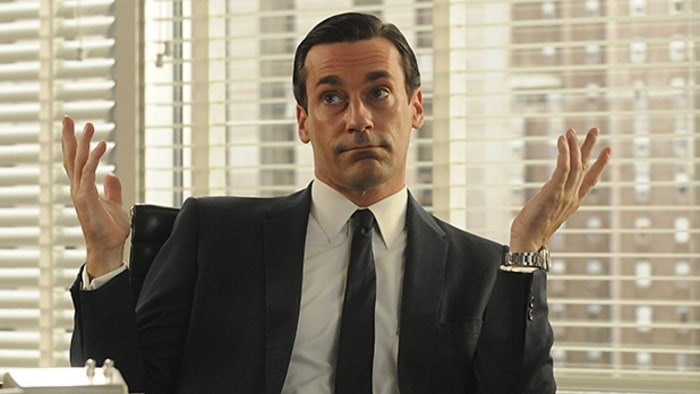James Schall has a concern about Pope Francis’ apparently intentional ambiguity:
The “concern” is not so much to “prod” the good Holy Father into answering his mail. Others have tried this approach and failed. Rather it is to articulate the core “concern” that many normal people have about their Church under Pope Francis’ leadership. The Argentine pope certainly attracts crowds and generous media attention. He is seen kissing little babies, waving, smiling, and talking earnestly with almost anyone from scientists to politicians to mullahs and rabbis. We all recall his visit with the late Fidel Castro.
Pope Bergoglio has been on some twenty travels out of Italy and all over the known world. He dutifully attends to papal liturgical, diplomatic, bureaucratic, and ceremonial functions. At almost eighty, he seems full of energy and zest. He appears in public to enjoy being the pope. He even gets annoyed. He is human. The people he seems to like the least are practicing Catholics and the poor ecclesial bureaucrats who have to do all the thankless grunt jobs in the Church. He certainly has a good press. The crowds at papal audiences seem down, while observers do not yet detect any remarkable “Francis effect” in increased vocations, conversions, or Mass attendance.
But none of these issues seems to be what most concerns people. We are used to maintain that the principle of contradiction binds us to the truth of things. Catholicism is a religion that takes mind seriously. Revelation and reason do not contradict each other. These affirmations about reason and revelation indicate a certain confidence in our Catholicism. When spelled out, what the faith teaches makes sense in all areas. We can articulate what we are talking about without claiming that we grasp absolutely everything about the mystery of being. In fact, we claim that we do not understand everything in all its intelligibility. We do not confuse ourselves with the gods.
What we can figure out by ourselves makes sense also. We hold that what was revealed by Christ still holds and was intended to do so over time. Among these teachings and practices that were revealed was that of the consistency over time of the content of revelation.
Given Roman Catholicism’s understanding of reason and revelation, why put all of your eggs in the papacy basket? Schall’s understanding of Christian truth is one that Protestants share (mainly). His papalism does not follow in practice or theory:
In this tradition, the Jesuit theologians, Francisco Suarez and Robert Bellarmine, at least considered the problem of a hypothetical pope who did not affirm what had been explicitly handed down. In general, they held that a pope who might enunciate any heretical position would cease ipso facto to be pope. But this was an opinion. The one or two instances in the history of the Church, when a given pope did state something dubious, were usually considered, on examination, to be merely private opinions or not taught infallibly. So the consistency record over time is pretty impressive from that angle.
In this light, the “concern” that exists today is whether the promise to Peter that what Christ did and held would be kept alive in its fullness. The Church thus must avoid contradicting itself; that is, teaching one thing in one generation or area and its opposite in another. We are not concerned here with equivocation or impreciseness. If some pope did cross this line, we can at least suspect that he would not admit it or see the point. If he had the issue pointed out to him and saw its import, he would simply acknowledge what is the truth and be done with it. Otherwise, a drawn-out struggle would follow to decide who is right.
In other words, if reason and revelation are such (relatively) reliable guides, why then glom the bishop of Rome on top of such reliability? Does Father Schall really need the papacy’s help to tell what’s true or to be faithful to the truth? Or is the pope like the English monarchy, something you trot out when you need pomp and ceremony?
Own that great pretty good intellectual tradition.


In other words, if reason and revelation are such (relatively) reliable guides, why then glom the bishop of Rome on top of such reliability?
Because a certain breed of convert needs a security blanket.
LikeLike
Rod keeps it real about faith and reason:
LikeLike
http://www.nationalreview.com/article/224206/path-rome-william-f-buckley-jr
LikeLike
Susan, you have to go not to the church fathers, not not to the magisterium, not to popes, but to Buckley?
More proof that converts set the bar really really low.
LikeLike
How to turn concern into a shrug:
LikeLike